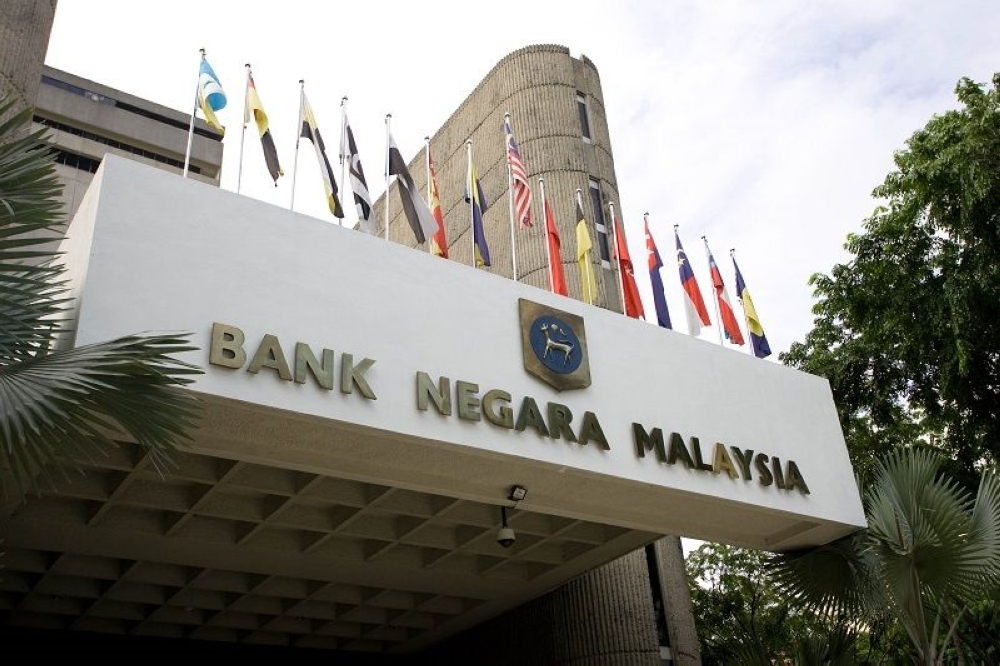Islamic banking industry seeks to grow alternatives to commodity-based shariah contract - BNM

KUALA LUMPUR - Islamic banking activities’ resilience to the risk of extreme supply shocks in global commodity markets will be further enhanced by reducing tawarruq (commodity-based) concentrations through diversification into non-commodity-based Shariah contracts.
Bank Negara Malaysia (BNM) said that among Shariah contract arrangements currently applied to facilitate Islamic banking transactions, tawarruq is the most widely used contract in key product segments which include financing, deposits and interbank money market.
The common commodities in the transaction include crude palm oil, plastic resin, metals, rubber, crude oil and digital commodities.
However, the central bank cautioned, the volatility in global commodity prices affects tawarruq transactions in Malaysia, such as in early 2022 when the extreme volatility in nickel prices led to London Metal Exchange to suspend nickel trading to restore order and enable settlement due on transactions.
The suspension, which caused a temporary absence of a global benchmark price for nickel, halted tawarruq transactions based on nickel in Malaysia, although its overall impact was limited given the small share of tawarruq transactions based on nickel (RM56 billion, 6.1 per cent of total commodities used for tawarruq transactions).
"In such event, Islamic banks will need to find alternative commodities as substitutes. In an extreme scenario where substitution cannot be made, Islamic banks may not be able to enter into new tawarruq transactions, disrupting day-to-day tawarruq based banking operations,” BNM said in its Financial Stability Review - Second Half 2022.
Hence, the Islamic banking industry is taking concerted efforts to grow alternative Shariah contracts, as evidenced by an encouraging compound annual growth rate of 6.2 per cent in such contracts for the past three years, the central bank said in an article titled "Managing Transmission of Vulnerabilities in Commodity Markets Associated with the Application of Tawarruq in the Islamic Banking System.”
In addition, BNM said, various product innovations are taking place, albeit to different degrees across Islamic banks.
"For example, diminishing partnership (musharakah mutanaqisah) has been adopted by a number of Islamic banks as an alternative Shariah contract to facilitate the financing of both completed and under construction properties.
"Investment account products based on agency contract (wakalah) and profit and loss sharing contract (mudarabah) are also gaining traction as alternatives to tawarruq-based deposits,” it said.
According to BNM, the industry is also advancing initiatives to explore wakalah as the Shariah contract for interbank placements between Islamic banks.
"Moving forward, these innovations are expected to continue to gain traction and further reduce the concentration in tawarruq,” it added. - BERNAMA
Download Sinar Daily application.Click Here!














